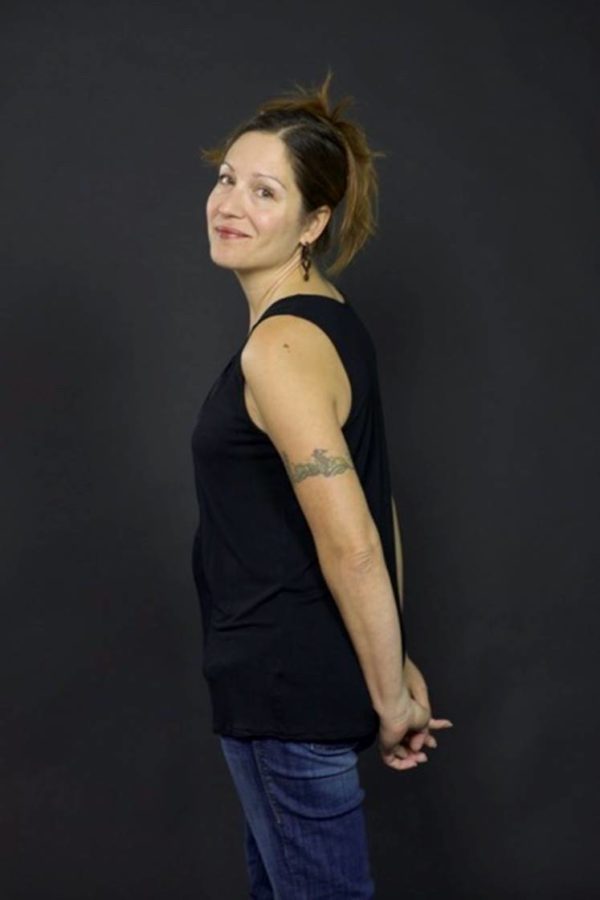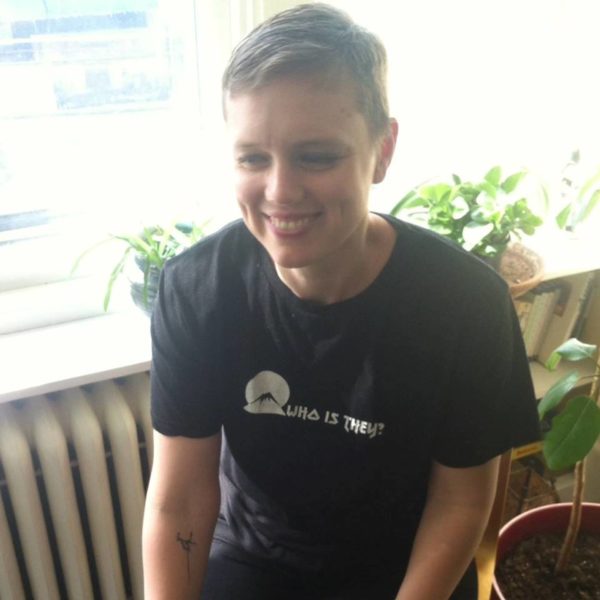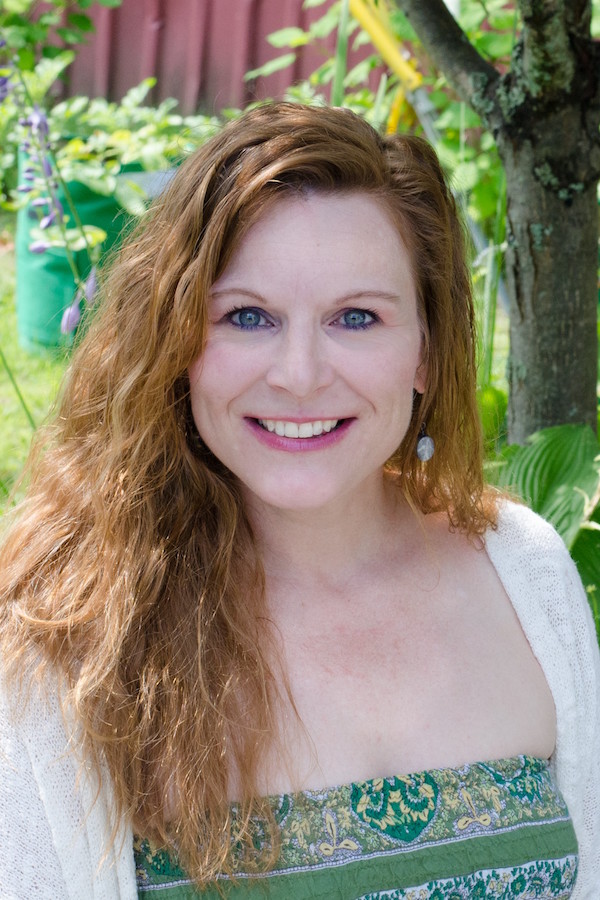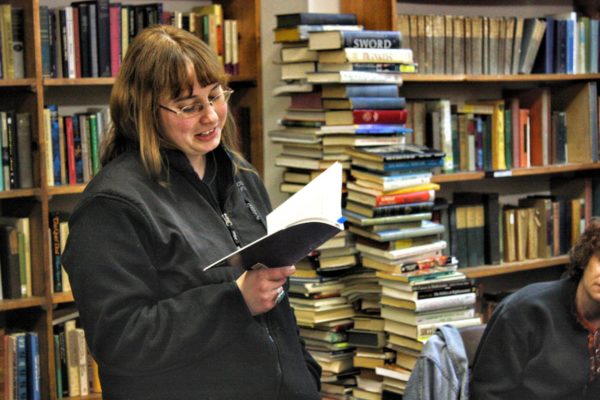The 2016 Cultural Weekly Open Submission period, featuring the Jack Grapes’ Poetry Prize, has ended. The winners and finalists decided. All the poems were read blind, ie: the poet’s name was removed from the poems and substituted with a number. All poems were read in their entirety.
This year, 554 poems were submitted. From them, three winners, and five finalists were selected. They are:
1st Prize: AMY MILLER: “You Are love and Light”
2nd Prize: JOHN SIBLEY WILLIAMS: “A Brief History of Astronomy
3rd Prize: Lorena Alvarado: “paradise is far from the freeway”
The five finalists, in alphabetical order:
Sonia Greenfield: “Abuser’s Credo”
Elizabeth Hoover: “Modern Architecture”
Lynn Houston: “The Long Haul”
Elaine Mintzer: “Catfish”
Rebecca Schumejda: “How a Pinhole Camera Works”
Thank you to everyone who entered. Next year’s contest, (July 1st – August 31st, 2017), promises to be even more spectacular. So stay tuned!
Alexis Rhone Fancher
Poetry Editor
Cultural Weekly
***
“Abuser’s Credo” by Sonia Greenfield
I am a monster
who has not loved
this body as a girl
in gymnastics I said
you are stupid and clumsy
body and when I
sharpened my hips
with a blade of hunger
to shank my lover
I said you are dull
as a butter knife
body and when I invited
body into bed for kink
I gas-lit it and said you are
a cum-stained whore you
whore of a body and I have
berated these breasts
for swelling with each
miscarriage and said
what have you done
for me lately body and to
this womb I said
remember that one time
you got it right body
and sometimes I
force-feed body and
sometimes I haze
body and sometimes
I make body cry
and say you were asking
for it body and to these
legs crawling with veins
and this convex belly
in which a boy was
built I say you disgust me
body and still body
stays so I say I need
you body but body
you make me so angry
sometimes.

Sonia Greenfield was born and raised in Peekskill, New York, and earned an MFA from the University of Washington and an MPW from the University of Southern California. Author of poetry chapbook Circus Gravitas (2014) and two-time Pushcart Prize nominee, her poems, essays, and fiction have appeared widely, including in 2010 Best American Poetry, The Antioch Review, The Bellevue Literary Review, Cimarron Review, Cream City Review, The Massachusetts Review, Meridian, and Rattle. Her book, Boy with a Halo at the Farmer’s Market, recently won the 2014 Codhill Poetry Prize. She lives with her husband and son in Los Angeles, California, where she teaches writing at USC and directs the Southern California Poetry Festival. Vita, tidbits, and more on her website.
*
“Modern Architecture” by Elizabeth Hoover
Given that Icarus wasn’t a myth but a monster
flayed by his own wings. Given memory
is as hungry as Goya’s owl, it must be
some panglossian mischief that brings me
here, rocked in your keel of bone and lung.
Yet not out of character for the human. Haven’t
you seen the approximations of chimneys
built along the river by birders trying to save
the swift from modern architecture? Haven’t
I read your blueprint of a long-demolished
train station? Your ribs colonnades, your
beaux-arts hipbones?
Once I watched a woman paint with water
then go over the paper with a torch. The char
revealed cities, embryos, an antlered creature
looking up unafraid—who knows when grief
will again lodge its bad apple in our throats.
For now I want to hear all you know of the body—
its rattles and wails, current and estuary. I want
to hear you say all that Latin we need
to describe the extravagance within.

Elizabeth Hoover is a feminist poet who enjoys working on projects with a conceptual or research element. Her project, Some Poems About Pictures is a hybrid text that offers art as a space for resistance to and transformation of dominant gender narratives. A portion of that project was awarded the 2014StoryQuarterly essay prize, judged by Maggie Nelson. In addition, she received the 2015 Difficult Fruit Poetry Prize from IthacaLit. Her poetry has appeared in [Pank], The Los Angeles Review, and The Crab Orchard Review, among others. She is a freelance book critic and lives in Pittsburgh with her partner and a cat named Brad. You can see more of her work at ehooverink.com.
*
“The Long Haul” by Lynn Houston
One day you enter your cozy home
and it doesn’t feel like yours anymore.
You see the framed photos, the monogrammed
hand towels, your clothes still in the closet—
all your stuff, just as you left it.
But some center of gravity has shifted.
In the kitchen, you find your husband,
who says he has rented a U-Haul and is
leaving you tomorrow, moving to Arizona.
Of course you want to know why.
Just something I gotta do, he says.
And suddenly, you’re annoyed, so annoyed
that he never cleaned the garage.
Couldn’t you wait one more day
and clean it like you always promised?
To your surprise, he does.
And he does such a good job—
bringing down a desiccated rat carcass
from the loft, stacking and bundling
extra shingles and trim, taking apart
old wooden crates he’d saved for kindling—
that you offer to take him out to dinner.
So the two of you go to his favorite place
for lobster bisque, and when you get home,
you make love like it’s the last time
you will ever see each other.
The next morning, he begins filling
the U-Haul with his books and clothes.
By afternoon, you find him sitting on the porch.
You take him a glass of lemonade.
Awfully humid, you say.
Yeah, he says, I was thinking maybe
I could postpone another day.
I’ve got the U-Haul all week.
Humidity’s supposed to break tonight
after the storm.
Alright, you say. Let’s grill those steaks
we’ve got in the freezer, open a bottle of wine.
And when the power goes off later from the storm,
you make love in the kitchen by candlelight.
A week passes, a month, a year.
Your husband is paying hundreds of dollars
a month in fees for the U-Haul still parked
in the driveway, and whenever he needs
a book, or one of his fancy suits,
he has to walk outside.
This is how you live—
every day, the possibility
he might leave, its misery and thrill
making everything new.
This is how you keep on living.

Lynn Marie Houston’s first book of poetry, The Clever Dream of Man (Aldrich Press) took 1st place in the Connecticut Press Club’s literary competition, won 2nd place in the National Federation of Press Women’s contest, and was a finalist for an Indie Excellence Award. Individual poems of hers have received distinction in contests sponsored by the Broad River Review, Brain Mill Press, Whispering Prairie Press, and the National Federation of State Poetry Societies. She holds a Ph.D. in English from Arizona State University and is currently finishing her M.F.A. at Southern Connecticut State University.
*
“Catfish” by Elaine Mintzer
In this chapter, I’m a catfish sliding through muck, trailing my Dalí
barbels, swallowing everything.
Above me, carp fan their golden tails and nibble mosquitoes
hatching on the surface.
Above them, a bright eye that traverses the blue.
A dim eye that follows the black.
At the bottom, we theorize about life above the surface.
We’ve heard it will be like this:
A last meal.
A pierced cheek.
A line that draws us out of the depths, into the lethal air,
its absence of pressure.
The blinding light.
A many-limbed creature, grasping a long antenna or whisker.
Its eyes gleaming at our introduction as it removes the hook,
for which I am grateful.
It is rumored that afterward I will be cut -- tail to throat -- to the bone.
What is cut? What is bone? What is after?
Elaine Mintzer has been published in journals and anthologies including Lucid Moose Lit’s Like a Girl anthology, The Ekphrastic Review, Cultural Weekly, Rattle, and The Lindenwood Review. Her work was featured in 13 Los Angeles Poets. Elaine’s first collection, Natural Selections, was published by Bombshelter Press. She writes and teaches writing in Los Angeles. www.mintzer.org
*
“How a Pinhole Camera Works” by Rebecca Schumejda
At the elementary school science fair,
my daughter’s description of her project
reminds me of my schizophrenic brother’s mind:
Inside there’s complete darkness
until the shutter opens
and the outside world spills in
through a tiny pinhole.
The camera takes what is really there
and flips the image upside down.
The father of the girl whose project is
about how the color of an egg depends on
genetics, and brought along three hens
squeezed into one tiny metal cage,
asks if the developing process was difficult.
I can’t help but think about how
my daughter will be in her thirties
when my brother is released from prison
as she explains the process, how she turned
our bathroom into a light-proof room
using black trash bags and duct-tape,
how my brother is probably pacing
back and forth in his cell right now,
waiting for his next meal just like the hens.
While my daughter rattles on about red light,
alkaline and acid bases, I think
about how my brother is still here,
but he’s really not, like an image
captured on black and white photographic paper
waiting to be developed.

Rebecca Schumejda is the author of Waiting at the Dead End Diner (Bottom Dog Press, 2014), Cadillac Men (NYQ Books, 2012), Falling Forward (sunnyoutside, 2009) and several chapbooks. She received her MA in Poetics and Creative Writing from San Francisco State University and her BA in English and Creative Writing from SUNY New Paltz. She lives, with her family, in New York’s Hudson Valley.
[alert type=alert-white ]Please consider making a tax-deductible donation now so we can keep publishing strong creative voices.[/alert]
